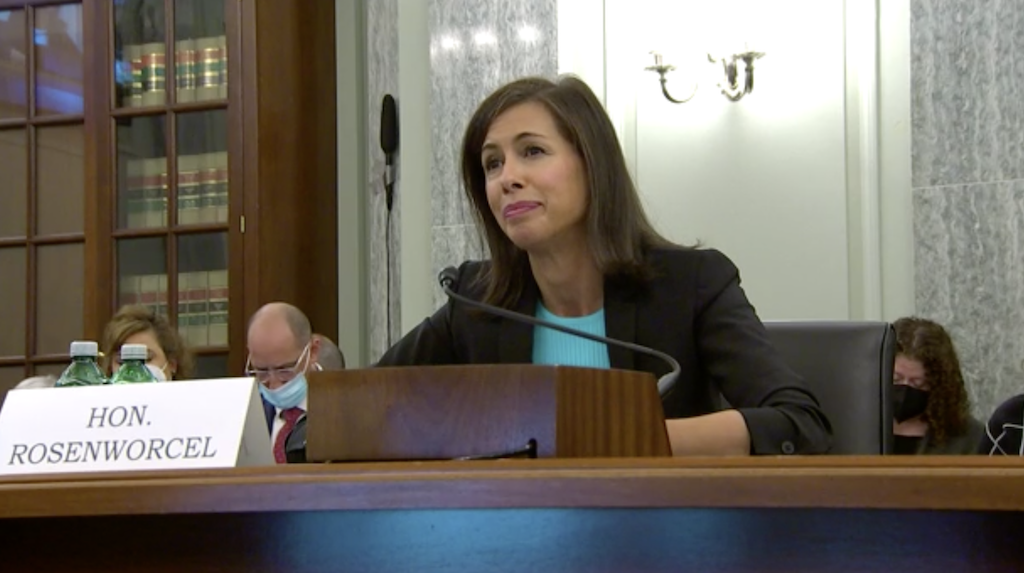FCC Directs ‘Robocall Facilitators’ to Remove Illegal Traffic or Face Call Block
The three letters are the latest in the FCC’s ongoing crackdown on illegal call traffic.
Ahmad Hathout

WASHINGTON, March 23, 2022 – The Federal Communications Commission sent letters to three voice service providers Tuesday to quit allowing illegal robocall traffic on their networks within 48 hours or have their traffic blocked – raising the total number of such letters sent to more than a dozen since last year.
The letters sent to thinQ Technologies, Airespring, and Hello Hello Miami demand the companies investigate the illegal traffic its call clients are pushing on their networks and notify the agency of the steps taken to deal with it within 14 days of the date of the letters.
The FCC said it discovered the traffic during investigations with the Traceback Consortium, which yielded more than a dozen cease and desist letters being mailed out. The agency said in a Tuesday press release that the other letter recipients have so far told the agency they are taking steps to stop the flow of such traffic.
In the case of thinQ, the FCC said the North Carolina Department of Justice flagged the company as a source of illegal robocall traffic. The agency has previously noted that it has been working with state attorneys general to combat the robocall issue.
The agency has made tackling the robocall issue central to its mandate. Last June, large voice service providers were required to put into place measures to block the illegal robot calls, which can often result in Americans being scammed. The regulator measures are part of the regime known as the Secure Telephone Identity Revisited and Signature-based Handling of Asserted Information Using Tokens (STIR/SHAKEN), which require providers to validate calls.
Last month, the agency proposed fining telemarketing company Interstate Brokers of America $45 million for violations of its robocall rules.
Late last year, the commission ruled that small voice service providers that don’t own their own networks must comply with the new stringent robocall rules by June 2022 instead of June 2023, citing the higher volume of illegal traffic coming from them.









Member discussion